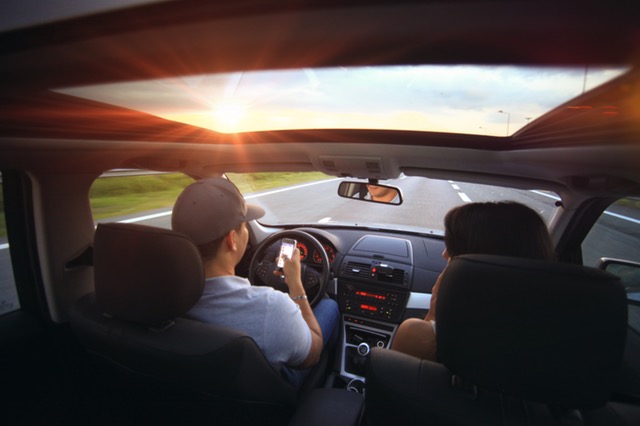
The Alabama Guest Passenger Statute is intended to protect drivers from negligence claims under the rationale that drivers should not be liable when providing rides free of charge to “guests.” Payment does not have to be in dollar form; it can be anything of tangible value provided to compensate the driver for the ride. While the law’s intentions are noble, the practical effect is that drivers are relieved from exercising ordinary care for their passengers. Normally, a driver is responsible after failing to exercise ordinary care such as running a red light or failing to yield the right of way. However, the statute relieves drivers from liability from their guests.
Guest passenger statutes were enacted by some states many years ago when roads were mostly dirt or gravel, few people owned a car, hitchhiking was more prevalent, and injuries were more commonplace. The statutes were also intended to prevent collusive lawsuits between friends to swindle insurance companies. Over the years, every other state has repealed its guest passenger statute, leaving Alabama as the only state with a pure guest passenger statute still on the books. Even though it is an old law, the Alabama Guest Passenger Statute has a critical impact in many auto accidents, as it bars negligence claims that otherwise would have been brought by passengers against their negligent drivers.
While the law provides broad protection to drivers against negligence claims, there are a few important exceptions. The Alabama Guest Passenger Statute is intended to protect drivers who provide rides free of charge to guests, which means paid rides through taxis and ride-sharing services like Uber or Lyft are not covered under the statute. Additionally, the guest passenger statute does not relieve a driver from injuries caused by recklessness or wantonness. See Blair v. Greene, 22 So. 2d 834, 837 (Ala. 1945). Wantonness is a reckless disregard for the consequences of one’s actions. Finally, a regular driving relationship, such as rides to work, is an exception to the statute, and riders may file negligence claims in these types of cases. Hurst v. Sneed, No. 1151067, 2017 WL 461483 (Ala. Feb. 3, 2017).
While the Alabama Guest Passenger statute can complicate negligence claims, it’s important to seek legal advice soon after an accident caused by the negligence or carelessness of another. Contact the experienced attorneys at Martinson & Beason, P.C. today for a free consultation.